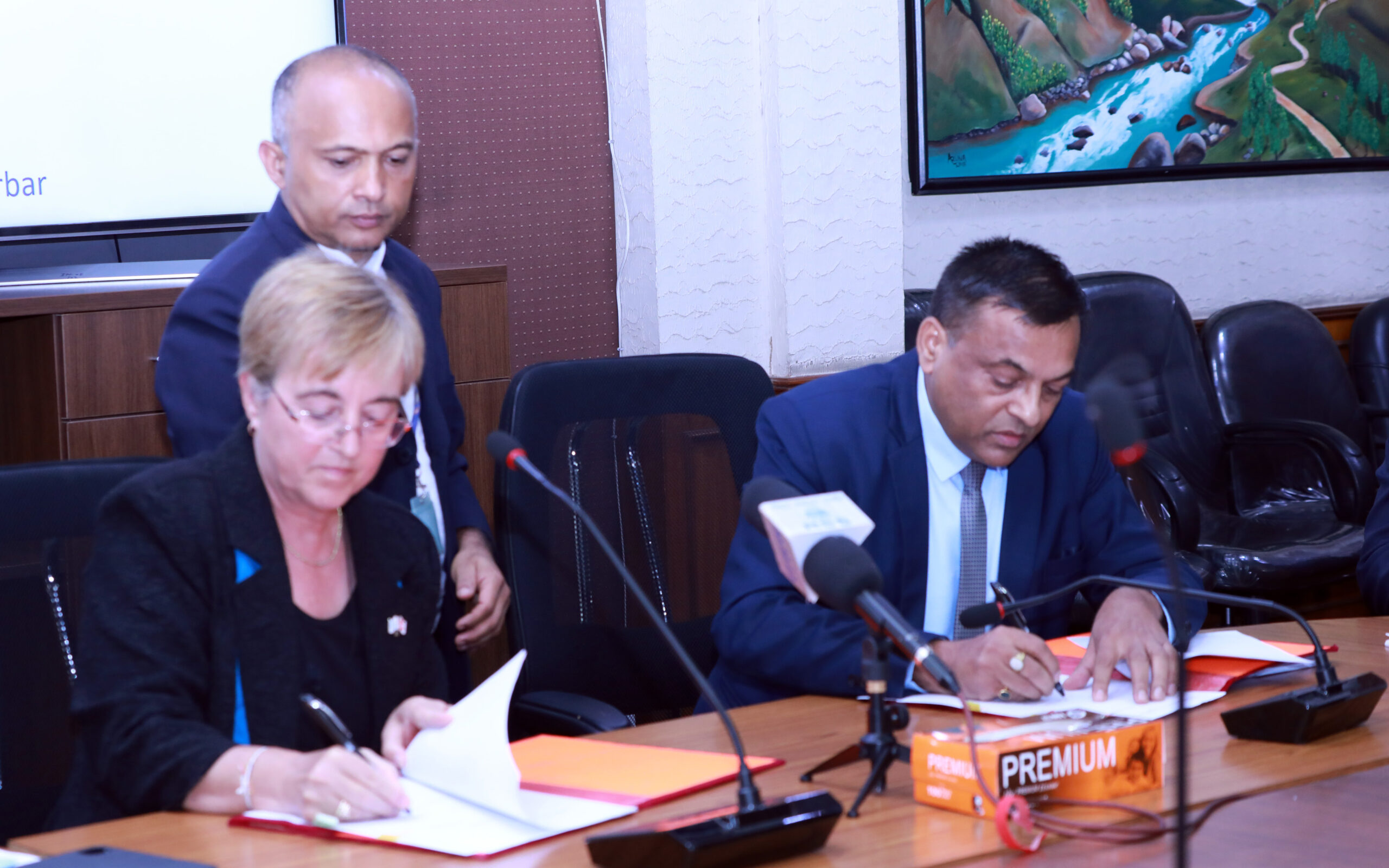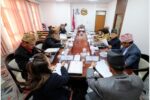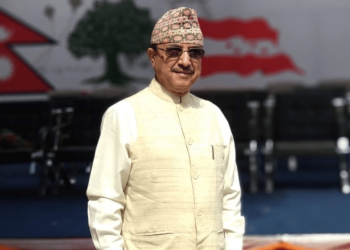KATHMANDU: The Government of Nepal and the World Bank on Monday signed a concessional financing agreement for $100 million (equivalent to Rs 12.7 billion) for Green, Resilient, and Inclusive Development (GRID).
The proposed budgetary support aims to support improvements in the enabling environment in Nepal toward a green, climate-resilient, and inclusive development. This is the first in a programmatic series of three concessional loan on GRID.
The agreement was signed by Ishwori Prasad Aryal, Joint Secretary, International Economic Cooperation Coordination Division, Ministry of Finance, on behalf of the Government of Nepal, and Lada Strelkova, World Bank Operations Manager for Maldives, Nepal, and Sri Lanka.
“In the wake of the COVID-19 pandemic, the Government of Nepal, World Bank and development partners signed the critical Kathmandu Declaration pivoting our programs in Nepal to support the country’s goals of a greener, more inclusive, and more resilient development,” said Lada Strelkova, World Bank Acting Country Director for Maldives, Nepal, and Sri Lanka.
“This operation is a key part of this commitment. Through this operation, we are supporting the Government’s key policy actions across sectors including water, land use, climate-smart agriculture, sustainable forest management, urban, waste, and pollution.”
This first operation supports policy actions for strategic GRID transitions such as the sustainable and productive use of natural capital; resilience of urban and rural infrastructure, human capital, and livelihoods to climate and environmental risks; and more efficient and cleaner production, consumption, and mobility.
It also supports policy actions of Government of Nepal for strategic GRID transitions that help build and maintain prosperity for all.
The operation encourages private sector investment in greening Nepal’s economy and creating jobs and livelihoods related to areas such as community forestry, agriculture, clean air, and solid waste management.
It also supports reforms for strengthening inclusion in development decision-making and access to assets and services.
“Nepal’s shift to the GRID approach is a strategic move during a challenging time that is full of opportunities for the country. This shift will help Nepal continue to make progress in expanding and protecting prosperity while reducing poverty in the face of compounding challenges that affect Nepal’s development prospects, including the economic recovery from COVID and the on-going disaster, climate and environmental risks,” said Joint Secretary, Ishwori Prasad Aryal.








Comment